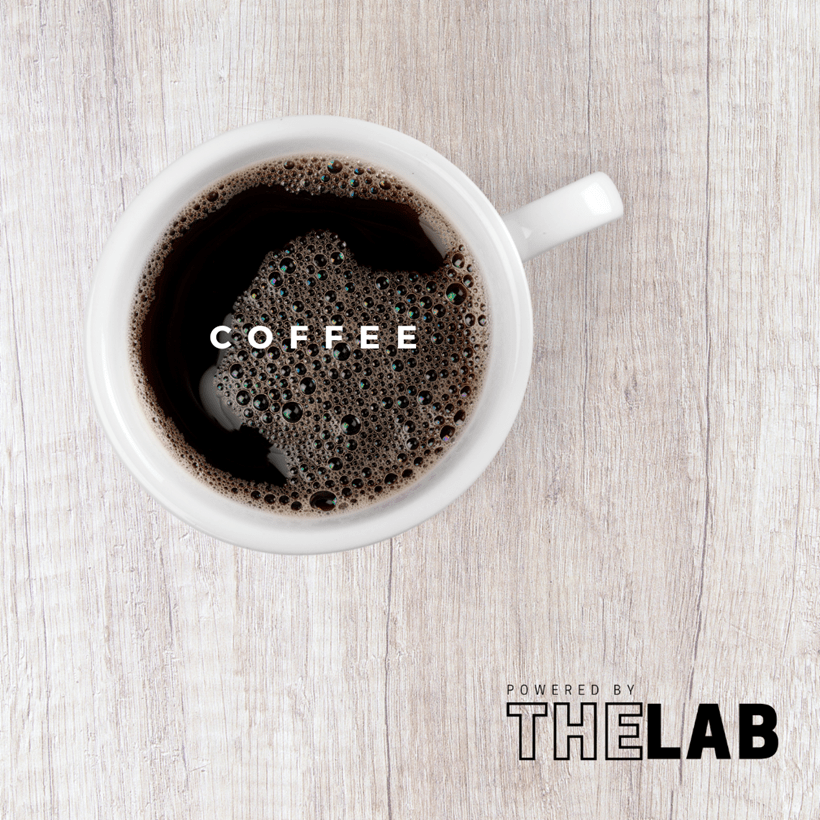If I had a dollar for every time someone told me coffee was bad for me, I’d be a wealthy woman. However, despite popular opinion, did you know that coffee can in fact, be very good for us? You may have noted I said “can” rather than ‘is’ and that’s because, just like every other nutritional factor, coffee is good depending on the individual. Some people find coffee gives them anxiety or makes them jittery, others find it gives them heartburn or gut pain. If this is you, coffee is not your jam. And that’s totes ok.
But if it’s not you, and like me, you love a cup of joe (as our American friends would say), then here is some great news for you. Coffee is in fact very healthful, and actually conveys a number of health benefits to the user. Below are three great reasons to drink coffee!
Coffee is an excellent source of antioxidants, which are compounds that neutralise free radicals/. Free radicals are molecules with an unpaired electron, making them unstable and able to cause damage throughout the body. Coffee is particularly high in hydrocinnamic acid and polyphenols, which means it is able to neutralise free radicals and protect against oxidative stress. This means that coffee has the potential to protect against diseases such as heart disease, diabetes, cancer and dementia; which research has actually demonstrated. And here’s a few more fun facts; did you know that coffee is an even greater source of antioxidants than the so called powerhouses: green tea and cocoa. We also know that antioxidants should be consumed in the food they’re found in as research on supplementing with antioxidants is quite mixed, with some research indicating they could be harmful (I’ll do a separate post on that). The amount of antioxidants varies between coffee brands and blends; mostly due to roasting length with roasting increasing the antioxidant levels of coffee however, a light roast appears to have the highest antioxidant levels compared with a deeper roast.
Coffee has also been shown to have an effect on brain function; improving alertness, vigilance and reaction times although, there is less consistency of the benefits on memory and higher order executive function. In 2010, a research review by Eskelinen and Kivipelto, found that during midlife, drinking 3-5 cups of coffee per day actually reduced Alzheimer’s disease risk by about 65%.
Coffee is also an ergogenic aid. Ergogenic aids are any substance, food or training method that enhances physical or mental performance. There is some discrepancy in research as to whether the ergogenic component is the caffeine or if it is also the coffee. What is known however, is that caffeine is able to act as an aid due to its stimulatory action on the central nervous system. This lowers perceived exertion, pain and fatigue associated with an activity. Basically, caffeine (and coffee) makes hard things seem a bit easier. Unfortunately, as caffeine is a drug, the more you use it, the greater the tolerance you develop to it.
So with this in mind, the next time someone questions the healthfulness of your cuppa, or encourages you to drink a healthy green tea instead; why not point them in the direction of this article? Oh and you should also cut that person from your life. No-one needs that kind of negativity around them!
https://www.ncbi.nlm.nih.gov/pmc/articles/PMC3616086/
https://www.ncbi.nlm.nih.gov/pmc/articles/PMC6548757/
https://doi.org/10.2174/1570180816666190620142158
https://pubmed.ncbi.nlm.nih.gov/22897371/
https://pubmed.ncbi.nlm.nih.gov/25174925/
https://pubmed.ncbi.nlm.nih.gov/23956973/
https://www.sciencedirect.com/topics/neuroscience/hydroxycinnamic-acidshttps://pubmed.ncbi.nlm.nih.gov/20182054/

